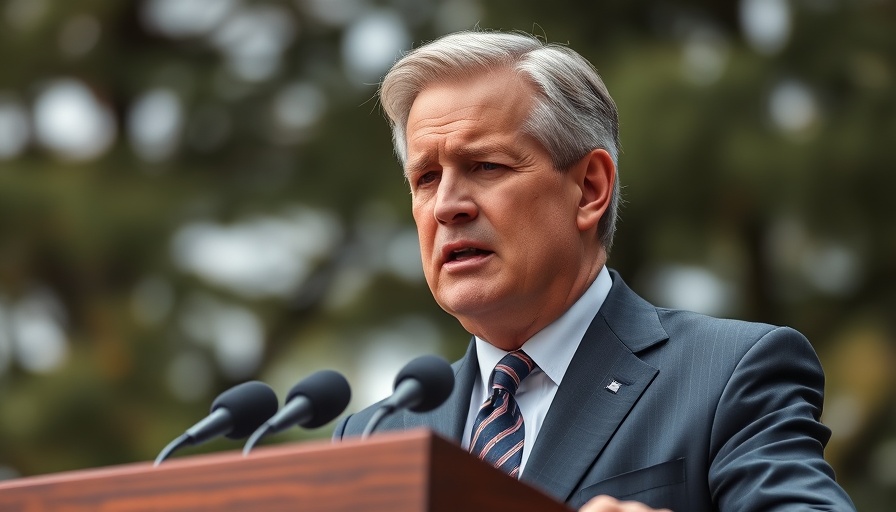
From Gonzo Journalism to Today's Media Landscape
In light of recent discussions about media and politics, it's fascinating to reflect on the giants of journalism like Norman Mailer, Gore Vidal, and Hunter S. Thompson. Their unique perspectives could have provided riveting insights into modern political figures, perhaps even the likes of Donald Trump. Mailer famously pointed out that the level of irreverence shown towards leaders often correlates with deeper affection. This insight is particularly relevant today as we navigate a polarized media environment.
The Role of Irreverence in Journalism
Irreverence, as Mailer suggested, might not just be a stylistic choice but a necessary component of political coverage. In an age where trust in the media seems to dwindle, a candid approach could bridge the gap between journalists and audiences. This opens up questions about how today's journalists can embody that spirit without losing credibility.
Historical Context: Lessons from the Greats
Take, for instance, Gore Vidal's critical eye, especially towards Ronald Reagan. Vidal’s vivid descriptions remind us of the importance of personal narratives in understanding political figures. Today, similar storytelling techniques could help contextualize contemporary politics, allowing conversations that resonate on a human level rather than just a political one.
Political Coverage Then and Now
Comparing past political journalism with today reveals shifts in priorities and methodologies. Where once journalists might have explored characters in depth, there's now a risk of being swept away by fleeting trends and sound bites. It’s essential for writers today to reflect on how to maintain depth amidst the rapid news cycle.
Connecting with Modern Audiences
Ultimately, the challenge remains: how do we channel the spirit of irreverence and insight demonstrated by journalism icons into today’s narratives? The key may lie in blending critical analysis with relatable storytelling, ensuring that journalism continues to reflect the complexities of our times.
As we reflect on the evolution of journalism, consider how you can engage with the narratives presented to you. Seek stories that appreciate depth and perspective, and help foster a richer public discourse.
 Add Row
Add Row  Add
Add 




Write A Comment